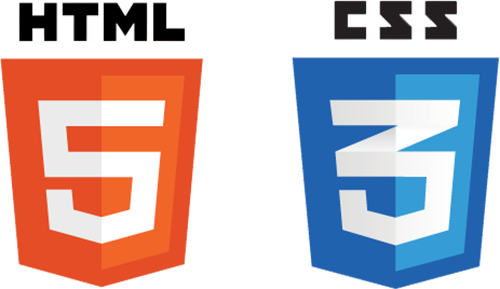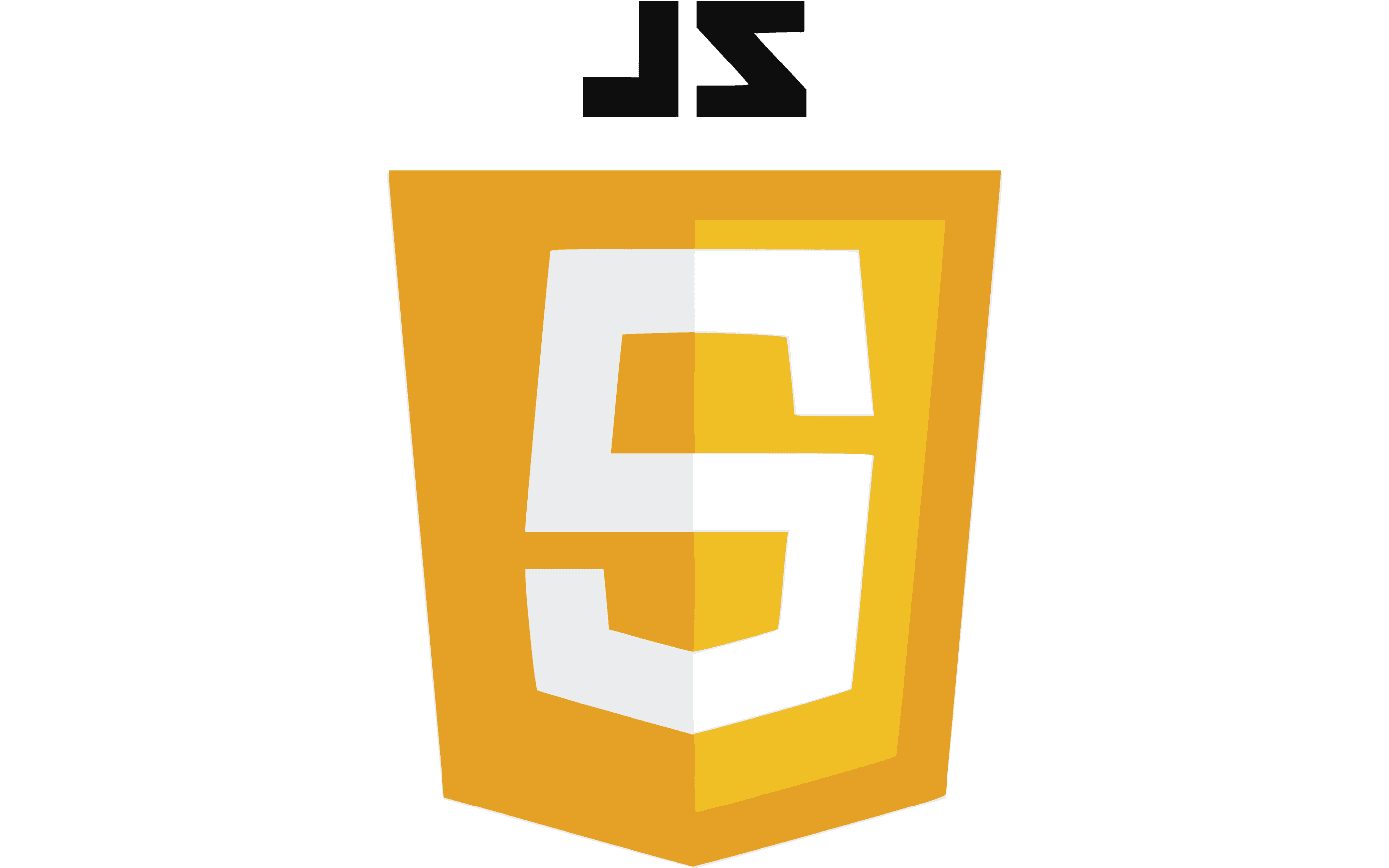Schema App
Schema App is a semantic technology company focusing on search engine optimization and AI
dataset creation using Schema markup. We work with clients who are looking for an improved search presence and those who want to be prepared
for the fully AI based search engines of the future. In addition to this, we develop knowledge graphs based off client websites, which can be
utilized to train custom AIs for internal or external company use. Across two co-op placements, I've worked for Schema App a total of 1 year
and have made many contributions to their software systems. I've accepted a job offer from the company, and am looking forward to working
with them further.

Schema App provided me with a fantastic co-op experience. I was accepted onto the team just as any full-time developer would be, and made many
connections while also learning a lot about many new technologies. Development at Schema App is split into project teams, and
after working with them for a full year, I've had the opportunity to work across many different areas.
First was the Highlighter Extension project, which is a new software product the company is working on, in the form of a chromium browser extension.
I focused purely on frontend component design, implementation, and bug fixing. I worked directly with a senior dev mentor and learned a lot about
attention to detail, front-end best practices, and brushed up on my knowledge of Vue and Bootstrap.
Next was the Customer Insights Engine team, where I focused on RDF data models, designing both frontend and backend components with datacentric
principals in mind, and brushing up on my knowledge of PHP, Vue, Bootstrap, and SPARQL. Again, I worked directly with a senior dev mentor
and learned a lot about infrastructure, and what it means to design a datacentric application.
After that, I spent the beginning of my second co-op placement working on the Help Wanted Queue for the company. Beginning my 5th month of work,
there was noticably less mentoring and more trust in my skills this time around. The Help Wanted Queue is the most cross discipline
role at the company. This basically acts as the entry point for anyone from any department needing to access the resources of the development team.
Anytime there was a tech issue with any internal or external system, any issues with customers, any problems with administrative reporting, all came
to me. As these tickets came in, it was my job to do an initial assesment, triage, fix if possible, or reassign for further investigation (in a
similar way to a hospital emergency room).
Finally, I switched to the SPA Infrastructure Refactoring project. SPA, or Schema Performance Analytics, is a product we offer our clients that's used
to inform them of their markup coverage and the search engine benefits we are providing them. This is essential to helping our clients understand the
direct monetary value we provide them. In this project, we did a complete rebuild of the system, using technologies such as AWS Lambda, StepFunctions,
and QuickSight. In addition to implementation, I designed smaller sub systems within the project, one in particular being a notification
system for users that informs them of authentication issues related to retrieving their website statistics.
Working on these teams meant working on many different projects and systems at Schema App, you can learn more about them below...
The main goal of having a co-op placement is to gain experience in your field as a student, so you're not as green when you graduate and
enter the real job market. Being in a co-op program means you're required to set more specific goals to meet during a placement. My goals
at Schema App were to learn about Amazon Web Services, software security practices, and peer code review. I believe that I've accomplished
all of these goals and the outstanding feedback I've received from my employer corroborates this belief. For learning AWS practices, I
implemented large portions of the SPA Infrastructure Refactoring project in which I built Lambdas, StepFunctions, and QuickSight dashboards.
For software security practises, I participated in the Engineering Bookclub as we read a book on the topic. I also participated in weekly security
review meetings where a small group of devs review vulnerabilities and incidents. For peer code review, I was assigned pull requests to review from
my fellow software devs. After becoming profficient in this practise, I was trusted to perform these code reviews on my own.
I am very thankful to the entire team at Schema App and am looking forward to returning to them for a full time contract once my degree is complete.





